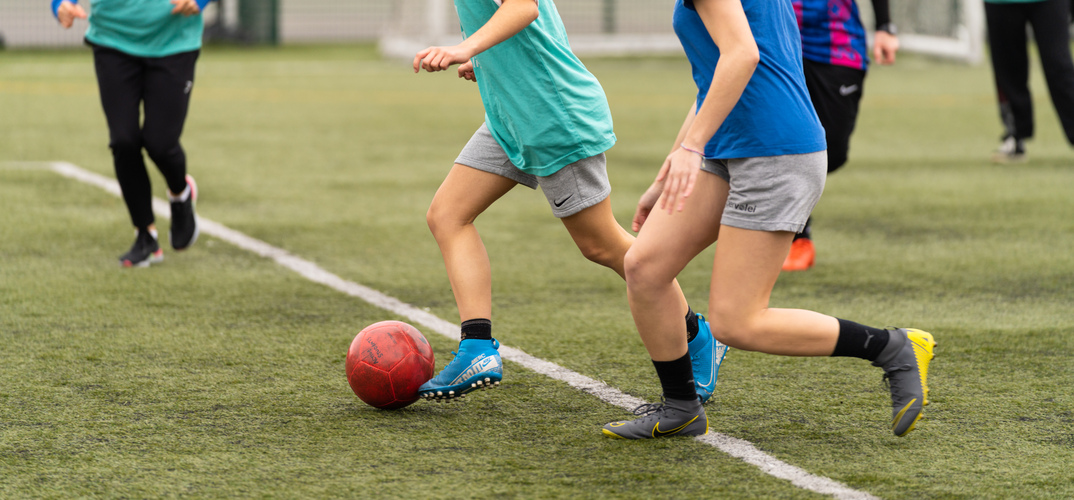Women’s World Cup: how better sports diplomacy can help women’s football grow

Co-written by Claire Jenkin, Senior Lecture in Sports Development, University of Hertfordshire. This article is republished from The Conversation under a Creative Commons license.
The 2023 Fifa Women’s World Cup is set to be the biggest yet. Co-hosted by Australia and New Zealand, the event is projected to have over a million spectators and 2 billion television and digital viewers.
Fifa plans to use the event to “unlock the commercial value” of women’s football. But there is a delicate balance to be struck between aims of economic growth, and the use of sports diplomacy to further gender equality, which is very important to a tournament such as the Women’s World Cup.
The cancellation of a sponsorship deal between Visit Saudi – the tourism arm of the Saudi Arabian government – and the 2023 Fifa Women’s World Cup, for example, shows that Fifa have some way to go in finding this balance. And research backs this up.
Fifa president Gianni Infantino in 2021 described sports diplomacy as: “Harnessing the power of football to benefit society, through the teamwork of our partnerships, is sports diplomacy in action.
Often happening out of the spotlight, these acts of diplomacy (which include communication, representation and negotiation) are critical for the organisers, including the international federations that sanction such events.
Research shows that sports diplomacy is particularly important when hosting an international women’s sporting event. This is because international sports organisations have traditionally been seen as an “old boys’ club” with powerful sporting administrations drawn from elite and affluent male networks. And so careful sports diplomacy is needed to navigate this environment in order to try to equalise the position of women’s events.
Fifa’s ethical sponsorship struggle
The deal with Visit Saudi was first reported in early 2023 and quickly drew criticism around the discrepancy between Saudi Arabia’s record on women’s rights and Fifa’s stated aim to promote gender equality.
Saudi Arabia has been heavily criticised by the international charity Human Rights Watch for the country’s record regarding rights of women and LGBTQ+ people. These reported actions contrast significantly with the gender progressive and inclusive underpinnings of the tournament crafted by Fifa.
Other countries with contested human rights records have previously invested in sport sponsorship deals, such as Visit Rwanda. However, Saudi Arabia and its investment strategies in sport have been heavily scrutinised, most recently around men’s professional golf.
By March, New Zealand and Australia’s football federation officials, national government officials and high-profile players had voiced concern and threatened protests if Fifa was to formalise the sponsorship deal – a form of sports diplomacy in its own right.
After the subsequent U-turn by Fifa on the sponsorship deal, Infantino described the situation as “a storm in a teacup”.
He claimed there was a double standard, as many nations – including Australia – have longstanding trade deals with Saudi Arabia. He said: “For us, [nations] are all the same.”
A balancing act
But there’s an argument that Fifa does need to be held to a different standard when brokering economic deals, especially when it needs to expand global sponsorship to fund the growth of the Women’s World Cup.
For Infantino and Fifa, the Saudi deal represented economic growth and support for the women’s game. But research has highlighted the need for international sports organisations to better hear and listen to female voices.
Not considering this when exploring Saudi Arabia as a sponsor, or managing different expectations through sports diplomacy, meant the deal led not to growth for women’s football but rather a public backlash.
That’s why effective sports diplomacy amid a delicate balance of economic growth, claims of equality and global affairs needs to be a focus for Fifa if it is to smoothly navigate this historic journey for women’s football – and for equality.